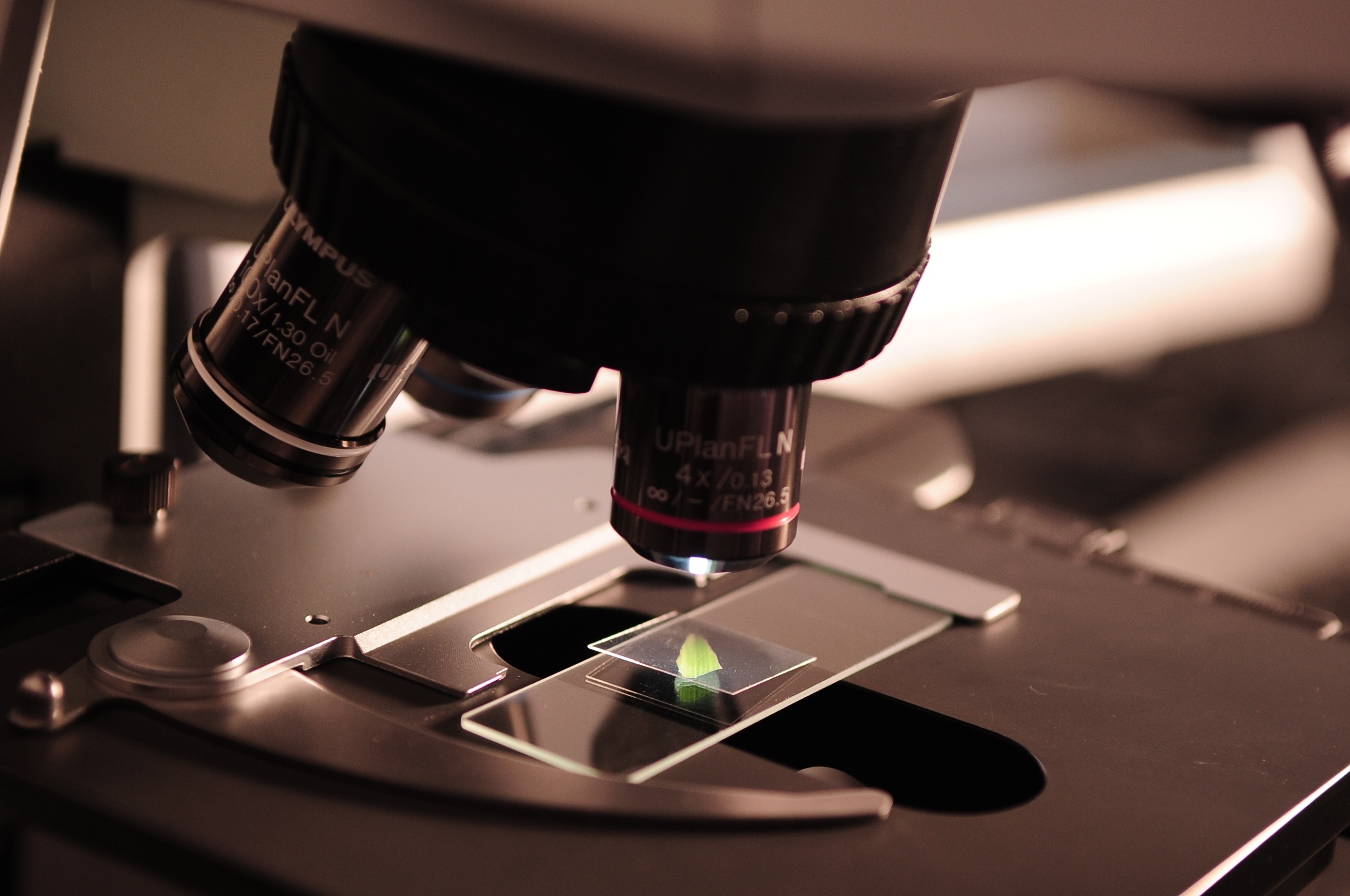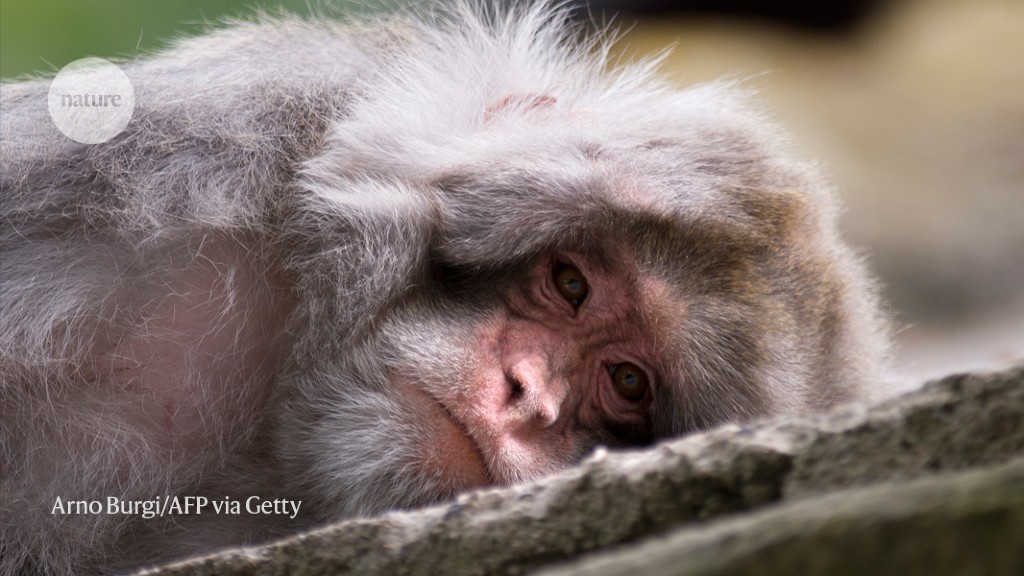TL;DR
UCSF researchers injected monkeys with a protein named “klotho” that has links to aging but its function is unknown. The group already did this in mice, this time they did it in monkeys; low-dose injection caused monkeys to do better on cognitive tasks.
I don’t know what klotho is or why only low-dose injection worked but… I have never seen a study like this that actually worked before, so this is new and interesting to me. Interestingly this article has like one experiment but went into Nature Aging which is… quite surprising to me.
Research article (open access): https://doi.org/10.1038/s43587-023-00441-x
This is definitely interesting… However I would caveat this with the fact that in the past, Nature & Science have both previously published more than their fair share of studies that would later be retracted for lack of reproducibility.
Most of this is due to the fact that when you’re a publication on the bleeding edge and there’s a lot of mid-term name and career recognition that comes with being published there, there’s also a higher level of academic fraud that can happen to get there.
I would keep a cautious eye out for retractions as well as labs that attempt to reproduce results… I also want to dig deeper and see if the mouse studies done had replication attempts by different labs as well and I won’t have a ton of time to do that today, but regardless it’s certainly a potentially a large breakthrough in cognition if it holds up.
Definitely. I just found the whole thing odd tbh… First of all, Nature is extremely rigorous with their review (because they only publish highly novel/interesting findings and is very thus susceptible to fraudulent stuff). Yet this paper passed for a Nature-branded journal (albeit a newer one, I think Nature Aging is only like 1yr old or sth) with doing only one experiment (a monkey trial), and they don’t even know what this “klotho” thing is… My suspicion is that the aging field is just too small so Nature Aging is lowering their standards? They’ve accepted less than stellar works before too.
The results seem fine to me & I really hope this is something real since I’m also studying aging, but as someone with some medicinal chemistry training… Nothing is confirmed until you get a positive phase 2 clinical trial result, otherwise we’d have cured all cancer and Alzheimer’s a long time ago lol… I’m not putting my eggs in this basket just yet



